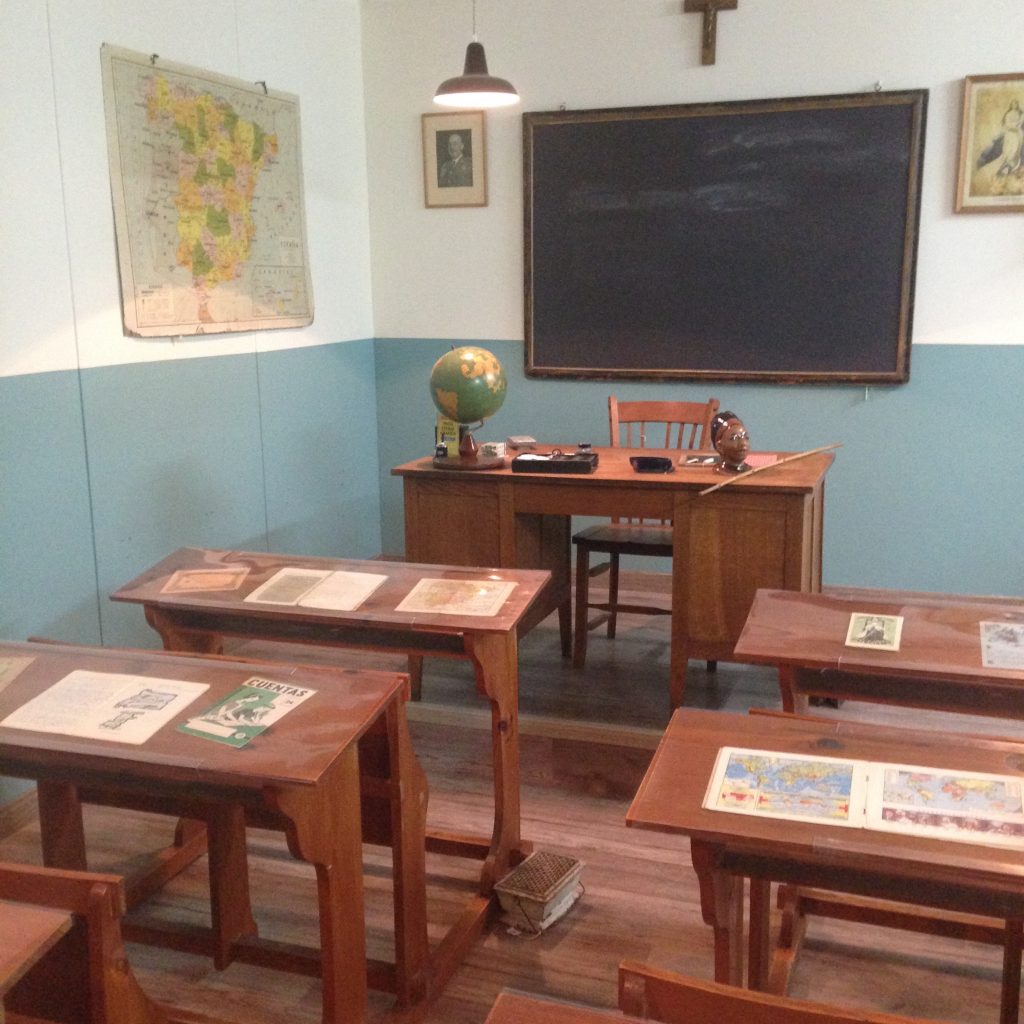
University of the Basque Country, San Sebastian
Museum of Education

University of the Basque Country, San Sebastian
Museum of Education
The 2018 ICOM Annual Meetings in Paris, France, are just around the corner. As ICOM keeps expanding its membership across the world, finding new ways of connecting with our members has become our number one priority. For the first time, the Annual Meetings will be available through Facebook Live, making them accessible to the largest number of our members. Three sessions will be retransmitted on real time: the keynote speech, delivered by artist Fred Wilson, the General Assembly, and the vote on the city that will host the 2022 ICOM General Conference. We will also encourage participation through our other social media platforms, Twitter and Instagram, via the hashtag #JuneMeetings.
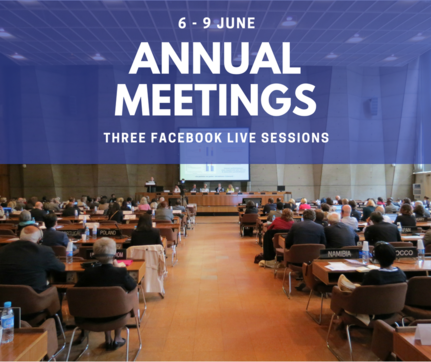
Read more here.
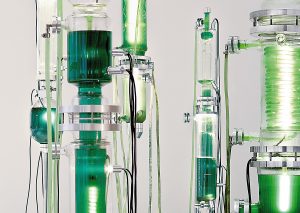 –
–
Works by Thomas Feuerstein at Medical Museion
On May 22, Medical Museion opened the exhibition Metabolic Machines, which features works by the Austrian artist Thomas Feuerstein. It is centered on two of his living sculptural machines, in which microscopic life carries out processes of transformation. The machines are literally metabolisms: living systems in which the biochemical breakdown and remaking of matter takes place. The machines also provide the raw materials for the artist’s work, in which matter transforms into art: sugar becomes sculptures and algae become paintings.
Feuerstein explores the transformative processes of life through biological sculptures, paintings, and drawings. He creates artistic narratives, revolving around mythological themes, visions of possible futures, and the complicated relationships between our bodies and technology.
The exhibition is part of Medical Museion’s work with experimental approaches to science communication as part of The Novo Nordisk Foundation for Basic Metabolic Research at the University of Copenhagen.
The Lowe Art Museum, our host of the UMAC annual Conference next month, has just released a note for the media.
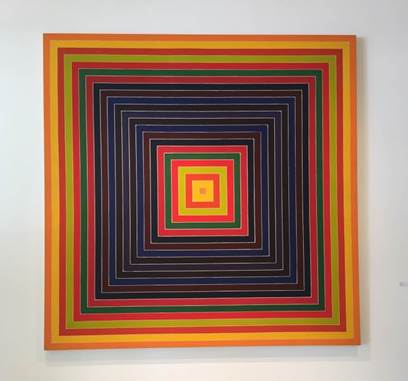
Read it here and find out more about the Lowe in UMAC World Database.
The documents for the upcoming UMAC Annual General Meeting are now accessible here.
The AGM will take place 23 June 2018, at the University of Miami.
The timing couldn’t be better: on May 18, 2018, International Museum Day — theme: Hyperconnected Museums — the Anthropology Museum of the Federal University of Goiás, Brazil, launched its museum app.
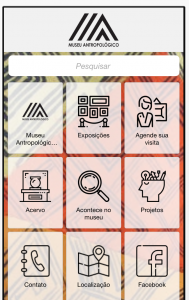
Download it here and have fun! Congratulations!

FACULTY OF HUMANITIES
ASSOCIATE PROFESSOR / PROFESSOR: CHAIR IN TANGIBLE HERITAGE CONSERVATION (TERM APPOINTMENT)
In pursuit of the ideals of excellence and diversity, the University of Pretoria wishes to invite applications for the following vacancy.
The University of Pretoria’s commitment to quality makes us one of the top research Universities in the country and gives us a competitive advantage in international science and technology development.
There is an urgent need for training and knowledge production in the conservation of tangible cultural heritage resources (TCH) on the African continent. This need is precipitated by the problem of the scarcity of resources (human, intellectual and financial), the urgency to preserve, restore and repair valuable TCH objects, and the important social and human responsibility to sensitize communities about the long-term benefits of conservation focused on our tangible heritage. Diverse forms of material culture, both moveable and immoveable, offer material, social, and psychological links between the past, present and the future.
The University of Pretoria (UP), an accredited higher education and research intensive institution with extensive art, archaeological and anthropological collections, is ideally located and positioned to train, nurture and develop a new and diverse cohort of conservation professionals in South Africa and the broader African continent.
The Faculty invites applications from appropriately qualified persons who comply with the relevant requirements for the position of Chair in Tangible Heritage Conservation. The Faculty is implementing a Master’s degree in Tangible Heritage Conservation, the first of its kind at an African university. A key objective of the programme is to prepare students to take up leading roles as professional conservators and conservation managers in museums, libraries, archives, and other sites that care for cultural heritage.
The Chair oversees an academic programme that will build the research capacity of a new generation of conservators and will aid in diversifying the demographic representation in the current conservation profession. Funding from the AW Mellon Foundation has been committed to support this pioneering Programme.
RESPONSIBILITIES:
The successful candidate will have academic, managerial and administrative responsibilities and, will work closely with the Dean and Deputy Dean: Postgraduate Studies and Ethics. The incumbent will take responsibility for implementing and executing the Faculty’s plans for implementation of the degree and to provide academic leadership in Tangible Heritage Conservation studies.
The Chair will also work with a range of stakeholders within the University (notably Humanities and the Sciences), as well as with non-university partners and practitioners to encourage, enable and support interdisciplinary teaching and research in Tangible Heritage Conservation. The Chair will promote and establish international academic links in the Faculty in the area of Tangible Heritage Conservation Studies and assist in enhancing the quality of postgraduate offerings and research in the Faculty in this area. We anticipate the successful candidate to be an individual who will provide mentorship and support to students, as well as assist in developing current staffing for future leadership of this programme.
Responsibilities will include:
• Providing vision and leadership in respect of the proposed Master’s Degree Programme in Tangible Heritage Conservation at the University of Pretoria;
• Serving as Project Co-ordinator in taking charge of planning and implementing the proposed conservation programme;
• Co-ordinating the workshops, round-table discussions, seminars and meetings;
• Chairing all meetings relating to the implementation of the proposed programme;
• Enhancing the syllabus as a multi-disciplinary model to ensure the newly proposed curriculum meets international conservation standards;
• Collaborating actively within faculty, across Faculties and departments, as well as within a regional context, national institutions and on international platforms to advocate conservation at UP;
• Providing direction and advice within the internal advisory committee at UP and working closely with an external advisory committee in on-going curriculum development;
• Providing leadership in respect of the research related to the proposed programme;
• Participating in creating the teaching and scientific research agenda of the new conservation programme;
• Growing a tangible heritage conservation network in South Africa and across the African continent, in partnership with institutions, museums, archives, libraries and governments.
MINIMUM REQUIREMENTS:
• A senior academic ideally with a PhD in the conservation of art or tangible cultural heritage (or a relevant cognate field) from a reputable academic institution. Candidates who only possess a Master’s degree in this area and who meet the requirements will also be considered;
• A successful track record at this level with proven, on-going excellence in research and postgraduate supervision, interdisciplinary skills, community engagement and public humanities;
• Appropriate experience in liaising with internal and external stakeholders;
• Appropriate experience and evidence of successful fundraising.
REQUIRED COMPETENCIES (SKILLS, KNOWLEDGE AND BEHAVIOURAL ATTRIBUTES):
• Appropriate communication and language skills;
• Proven strategic development, planning and implementation skills;
• Facilitation and negotiation skills;
• Good interpersonal, change management, and conflict management skills;
• Management and leadership skills.
ADDED ADVANTAGES AND PREFERENCES:
• An understanding of the importance of the role of the Humanities in a changing tertiary education sector;
• Managerial / administrative experience relevant to the higher education environment;
• Demonstrable administrative skills;
• An understanding of the vision of the Faculty and a commitment to achieve the strategic goals of the University.
The Chair in Tangible Heritage Conservation Studies is a term appointment for five years and is renewable based on a combination of performance and funding.
The all-inclusive remuneration package for this contract position will be commensurate with the incumbent’s level of appointment, as determined by UP policy guidelines.
Applicants are requested to apply online at www.up.ac.za, and follow the link: Careers@UP.
In applying for this post, please attach:
• A detailed cover letter motivating suitability against the criteria, requirements and responsibilities;
• A complete and updated Curriculum Vitae in UP format (available on request from Vicky.reynders@up.ac.za);
• The candidate’s vision for the position of Chair of Tangible Heritage Conservation Studies within the Faculty, the national and international contexts;
• The names and contact details (e-mail addresses) of three referees who can attest to the candidate’s academic stature and leadership ability. The University reserves the right to appoint additional referees.
Candidates may be expected to make a 10-minute presentation to the Appointments Committee on his / her vision for the Department during the interview.
By applying, candidates agree to the appointment process as set out in the relevant UP policy document. This process can be accessed at .
CLOSING DATE: 31 May 2018
No application will be considered after the closing date, or if it does not comply with at least the minimum requirements.
ENQUIRIES: Prof Vasu Reddy, Tel: +27 12 420 2360, or e-mail: dean.humanities@up.ac.za
Should you not hear from the University of Pretoria by 30 June 2018, please accept that your application has been unsuccessful.
The University of Pretoria is committed to equality, employment equity and diversity.
In accordance with the Employment Equity Plan of the University and its Employment Equity goals and targets, preference may be given, but is not limited to candidates from under-represented designated groups.
All candidates who comply with the requirements for appointment are invited to apply.
The University of Pretoria reserves the right to not fill the advertised positions.
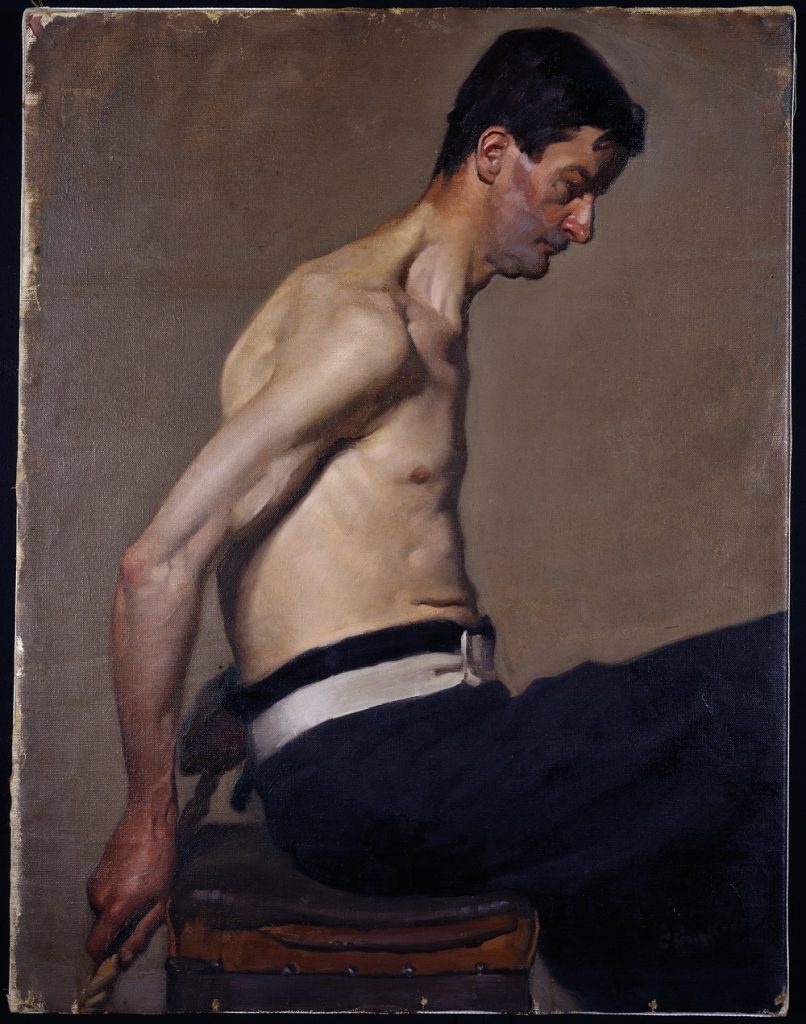
University of Melbourne
VCA Art Collection
Continue reading → “COLLECTION OF THE MONTH: VCA Art Collection, University of Melbourne”
The three nominees for the UMAC Award 2018 have just been announced. This year we have fantastic projects from the Université Libre de Bruxelles (Belgium), the University of Coimbra (Portugal) and Perm University (Russia).
Read more about them here.
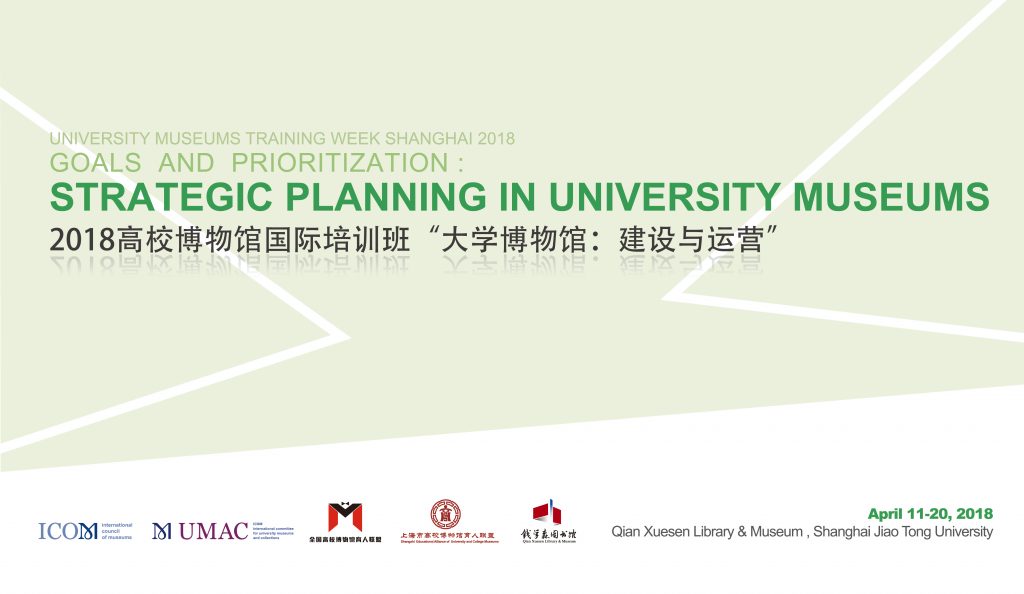
On April 11th, the University Museums Training Week Shanghai 2018 (UMTWS 2018), co-organized by University Museums and Collections (UMAC) of International Council of Museums (ICOM), National Educational Alliance of University and College Museum (NEAUCM), Shanghai Educational Alliance of University and College Museums (SEAUCM), and Qian Xuesen Library & Museum of Shanghai Jiao Tong University (QLM-SJTU), was officially opened at Qian Xuesen Library & Museum. The opening ceremony ended up with an extremely vibrant and heated panel discussion themed on “University Museums: Striving towards Excellence”. The experts of university museums from various countries delved into in-depth dialogues in the discussion. Fresh perspectives are presented and debated for the future development of university museums in China.
Learn more.